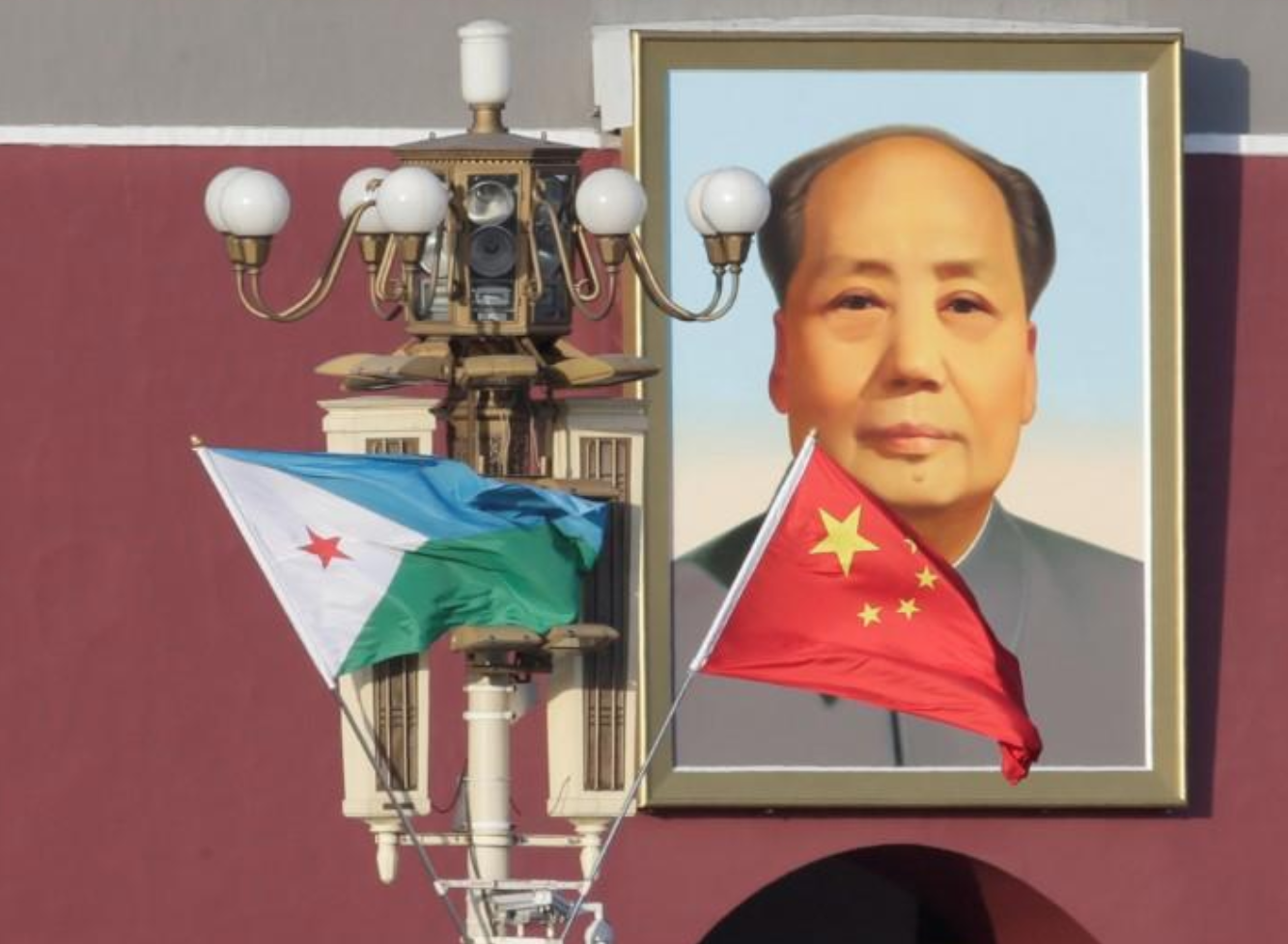Will China’s next overseas port be in Djibouti?


China’s noteworthy establishment of both ports and military bases overseas in recent years are connected. Jonathan Hillman of the Center for Strategic and International Studies explains (paywall) to the Financial Times that “port ownership opens the door to non-commercial activities like hosting military forces and collecting intelligence.” The China Project has covered the most significant and controversial port and military base developments in the past year:
- July 2017: The first Chinese troops were deployed to China’s first overseas navy base, in Djibouti, in the Horn of Africa. The base had been under construction for more than a year.
- September 2017: Chinese troops at the base in Djibouti completed China’s first live-fire drill organized at an overseas base.
- December 2017: Sri Lanka leased the port of Hambantota to China upon failing to pay its debts on loans. As the lease is for 99 years, it is effectively Chinese-owned.
- January 2018: It was announced that China’s second overseas military base would be built in Pakistan.
- February 2018: Massive loans in the Maldives led the island’s ex-president — and many analysts — to conclude that it will likely face the same fate as Sri Lanka in a year or two.
Now, Reuters reports that last month, “Djibouti ended its contract with Dubai’s DP World, one of the world’s biggest port operators, to run the Doraleh Container Terminal, citing failure to resolve a dispute that began in 2012.” The article also says that during a U.S. congressional hearing on March 6, “which was dominated by concerns about China’s role in Africa, lawmakers said they had seen reports that Djibouti seized control of the port to give it to China as a gift.”
The Washington Post notes, “The U.S. military is now openly warning that if China gains control of the port, U.S. national security interests will be put at risk.”
Further reading: Foreign Policy (paywall) on China’s purchase of ports in Europe; also, the Financial Times (paywall) on Chinese money flowing to ports in Latin America. The FT notes a report from investment bank Grisons Peak, which shows that “Chinese groups announced plans to buy or invest in nine overseas ports in projects valued at a total of $20.1 billion” in the first half of 2017, up from $9.97 billion in the first half of 2016. Meanwhile, there are always more rumors and media reports on where China may next seek to establish overseas military bases — see, for example, this Bloomberg report that we linked to yesterday.






